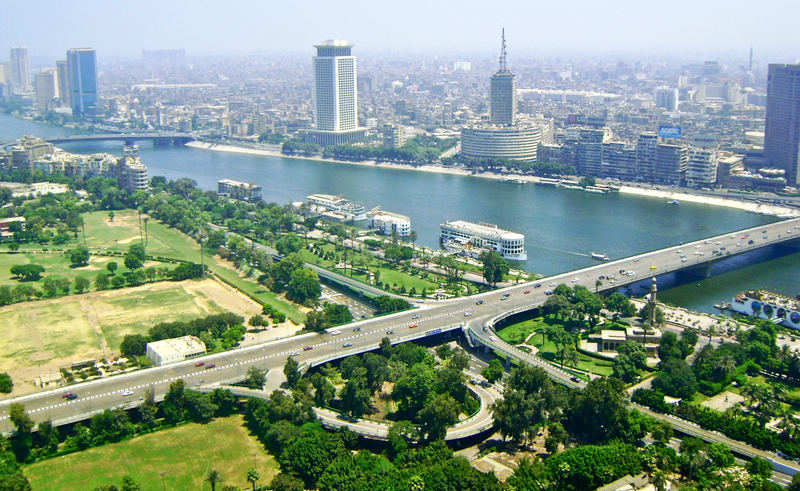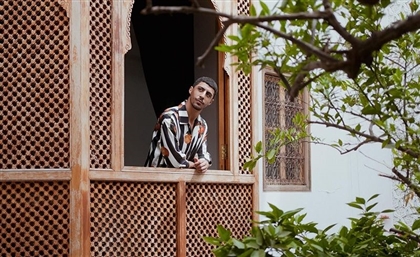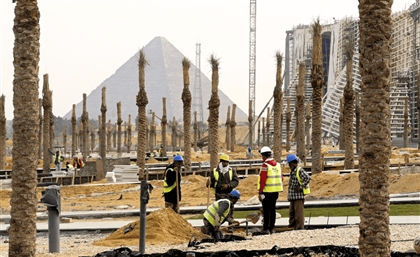How Green Will Egypt Be by 2024?
50% of Egypt's national projects will focus on sustainability or will be made sustainable by 2024.

The Egyptian government has been making large, gradual sweeps towards a greener future, with Prime Minister Dr. Mostafa Madbouly revealing that 50% of Egypt's national projects will focus on sustainability or will be made sustainable by 2024.
Among these projects is the Haya Karima initiative, which looks to improve the quality of life for 60 million citizens living in rural areas. The initiative will involve climate change solutions, helping rural citizens adapt to the challenges of climate change through education and upgrades to their infrastructure.
Egypt is looking to take a leading role in the fight against climate change, with the COP27 United Nations Climate Change Conference set to take place in Sharm El Sheikh in 2022. The conference is considered one of the most important international conferences to tackle climate change, with member states of the Kyoto Protocol and the Paris Climate Agreement coming together to discuss and negotiate the global issues that arise from it.
In the lead up to the conference, Sharm El Sheikh in particular is seeing a wide array of changes to ensure the resort town matches up with the spirit of COP27. They’re already swapping out all of their public vehicles for electric-powered alternatives, and will soon require all hotels to certify their environmentally-friendly status.
Sharm El Sheikh is of course not alone in this fight. Egypt as a whole has been investing heavily in green energy, with plans to have 42% of Egyptian energy come from renewable sources by 2035. With the construction of sustainable power plants across the country - from the Benban Solar Park in Aswan to the wind power complex in the Red Sea to the hydroelectric power plant in Assiut and more - those ambitions are quickly becoming a reality.
Other developments include a recent agreement with the United Nations Industrial Development Organization (UNIDO), which will see them develop Eco-Industrial Parks in Egypt with funding by the government of Switzerland.
Infrastructural changes continue to be an essential element in the fight against climate change, with the Ministry of Environment planning to double the number of recycling plants from 28 to 56 by 2030. They also plan to do the same with carbon emission observatories, bringing them up from 115 to 300 in order to cut down on emissions by 50%. The ministry has also been responsible for revamping Cairo’s waste collection system, monitoring networks to keep track of pollution and wastewater, and wide-reaching campaigns against plastic waste and e-waste.
- Previous Article HOW (NOT) TO GO TO A PING PONG SHOW
- Next Article Egypt's Inploy Launches New Freelancer Platform After New Investment
Trending This Week
-
Sep 19, 2025



























